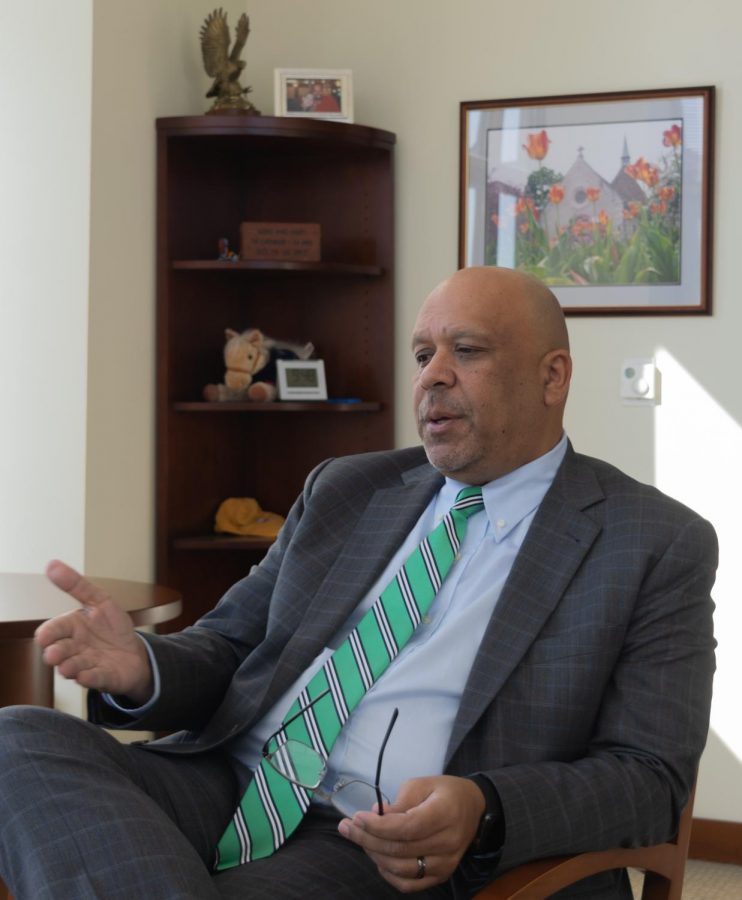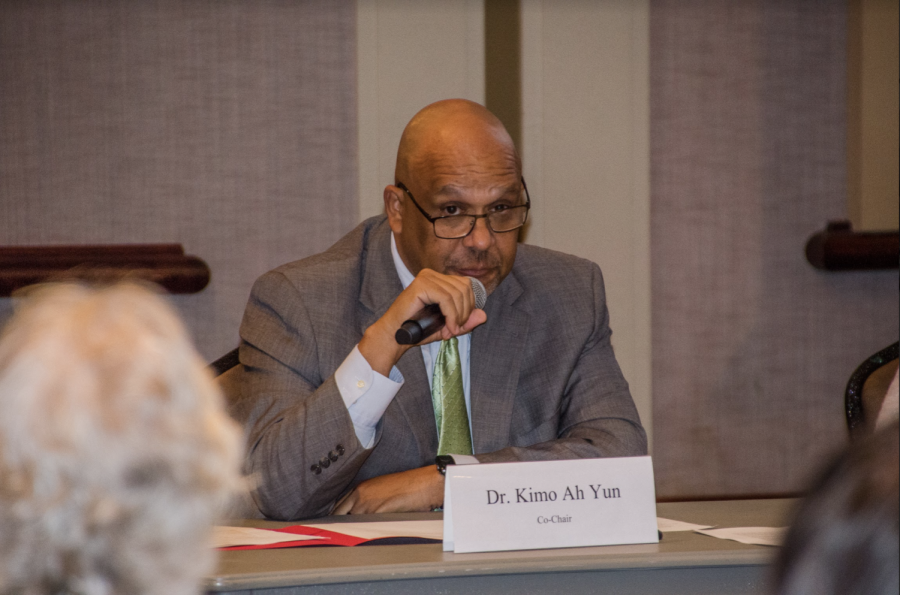The ombuds office consisted of a part-time staff member who provided university faculty and staff with confidential support and resources.
The university eliminated the office and position as part of a cost management process Sept. 5, not gathering public input before the decision.
The decision takes away faculty and staff resources after the university laid off 24 staff members and did not fill 49 vacancies to save money pending decreases in higher education enrollment, leaving remaining staff members with feelings of uncertainty.
It also comes after university considerations to downsize the College of Education and its decision to merge student resource centers into the Office of Engagement and Inclusion.
To further disinvest in employee support only amplifies feelings of uneasiness on campus. The move to eliminate the ombuds office undermines the university’s value of “cura personalis,” or “care for the whole person.”
Moreover, dissolving the ombuds office ignores the prevalence of gender inequity. The office was created as part of a task force on gender equity in 2001, according to a memorandum issued to the university by the Committee on Diversity and Equity Oct. 17.
Kali Murray, a law professor and member of the Committee on Diversity and Equity, told the Marquette Wire that the ombuds office helped address at the time “a very unequal environment between female and male faculty members.”
Though workplace conditions have since improved for women across fields, effects of systemic sexism linger in all of society’s institutions. It is essential that the university considers the unique challenges faced by women in academia. The ombuds office provided a neutral outlet to address concerns in the workplace.
Though other options for reporting such concerns exist, they are not suitable for faculty and staff members who wish to address an issue that may not fall within the jurisdiction of those entities.
For instance, the Title IX office internally handles sexual harassment and misconduct complaints before issuing its decision on a case, sometimes resulting in disciplinary action from the university. The other option is reporting an incident to Marquette University Police Department, which can refer to criminal charges against a perpetrator.
The ombuds office served as a place to resolve concerns that could not be addressed in either entity. It also provided another avenue for faculty and staff members who did not wish to escalate their situation by reporting to the Title IX office or MUPD.
Other resources do not provide the same support at the ombuds office. The Title IX Office, MUPD and other offices provide their own strengths as reporting outlets, but should not serve as substitutes for the ombuds office.
Eliminating the office leaves faculty and staff to seek support from an incongruent third-party resource or remain silent. It will undoubtedly have negative long-term effects on the work environment for Marquette employees.
The university should prioritize faculty and staff’s mental and emotional health. Maintaining an ombuds office would demonstrate Marquette’s commitment to these issues.
Furthermore, the university must practice transparency in its handling of the ombuds office.
Leaders did not openly communicate the decision to eliminate the office with faculty and staff who relied on the office for support. This disconnect creates tension between university administration and faculty and staff members, especially considering the numerous cost management changes instituted this semester. Engaging employees in dialogue about issues that affect them are essential.
Without faculty and staff resources or open communication, the administration devalues and disregards significant roles in sustaining the university’s success for years to come.









